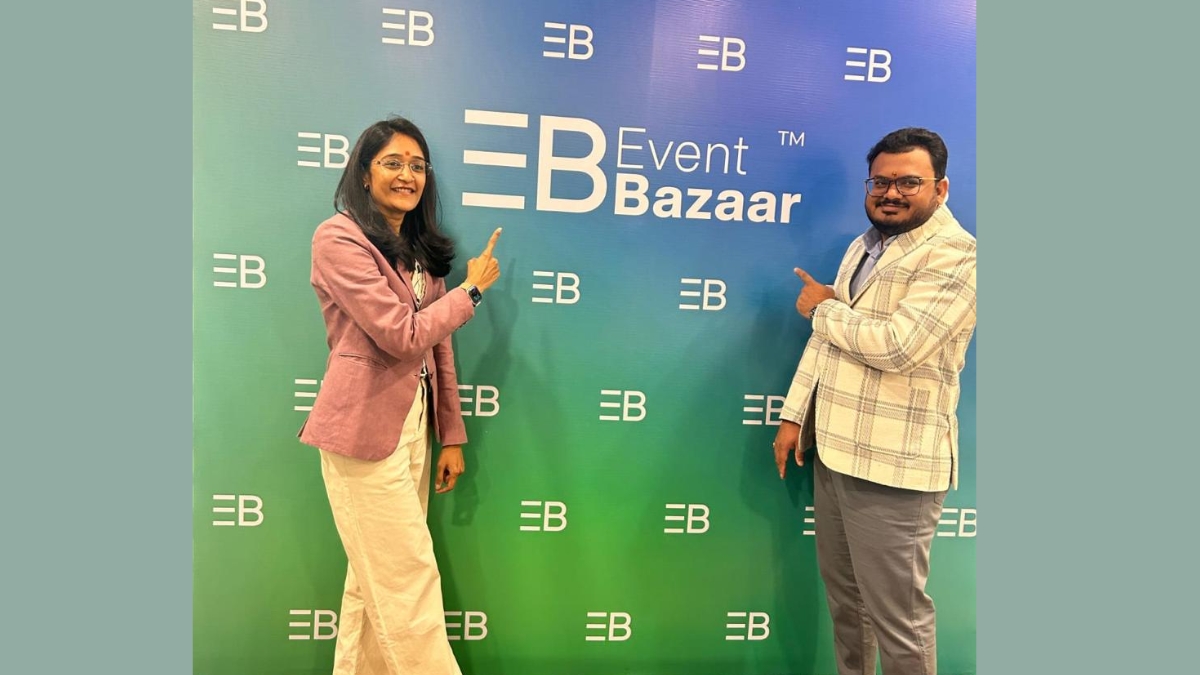New Delhi (India), September 11: In a world where fashion trends are constantly changing, it is now more important than ever to preserve cultural significance through traditional craftsmanship and promote ethical fashion practices. Sunraj Emporium, an important player in the world of ethnic wear, is currently on a journey that highlights the significance of preserving age-old art and empowering local communities. Since starting out in 1975, the brand has become a symbol of authenticity, supporting sustainable practices and empowering women artisans. The commitment of Sunraj Emporium to ethical fashion and the preservation of cultural heritage is having a long-term effect on the fashion industry and beyond.
The history of Sunraj Emporium began in Muzaffarpur in 1975, when Late Shree Deep Chandra Agarwal founded the company. He was inspired by a goal to offer clients elegant furnishing products like curtains, bedsheets, and pillow covers from his humble beginnings in a small shop. Sunraj Emporium built a solid foundation for its future activities with a commitment to exceptional craftsmanship and client satisfaction. Sunraj Emporium underwent a major renovation in 1995. In order to further its solid dedication to promoting ethical design, the company moved its emphasis to ethnic wear, specifically sarees. The company adopted its tagline “Roti, Kapda, and Makan” with the aim of taking care of the essential component of clothes, realising the significance of clothing in culture. Sunraj Emporium draws its products mainly from states like Gujarat, Madhya Pradesh, Tamil Nadu, and West Bengal as part of its ethical fashion ideology.
The empowerment of local artisans and the preservation of traditional handlooms are important pillars of Sunraj Emporium’s approach. The business guarantees the production of high-quality products and supports sustainable methods that benefit the environment and the artisans by only dealing in fabrics made of pure cotton and pure linen. They actively encourage the use of handlooms while helping the regional weavers, who are essential to the manufacture of handloom sarees. In rural areas where the craft of saree weaving is practised, this dedication promotes economic independence and gives women more control over their lives. The special sections in its stores that highlight handloom sarees show how dedicated Sunraj Emporium is to preserving cultural heritage. Each saree captures the creativity and tales of the regional weavers, preserving their tradition across the decades. Pure cotton, pure linen, and pure kanjivaram sarees are among the brand’s exclusive sections. These sarees are a fabric of history and craftsmanship that reflect the richness of India’s rich cultural past.
In addition to their business activities, Sunraj Emporium is actively involved in social initiatives that have a positive effect on society. Their generous donation of sarees during Chhath Puja demonstrates their commitment to social responsibility by contributing to the well-being of the underprivileged. Sunraj Emporium keeps growing while staying true to its core values of being authentic, sustaining traditions, and putting the customer first. As they try to reach new heights, they stay committed to making unique, high-quality goods that match the tastes and preferences of their customers.
Sunraj Emporium invites fashion devotees to experience the charm of traditional art combined with ethical fashion. Their extensive selection of products, each carefully crafted with an element of cultural heritage, reflects India’s diverse traditions. With a dedication to sustainability and empowerment, Sunraj Emporium is an inspiration for hope in the fashion industry.
About Sunraj Emporium:
Sunraj Emporium is a well-known brand that specialises in traditional handlooms and ethnic clothing. Since its start in 1975, the company has expanded from just a small store into a symbol of quality and authenticity. Sunraj Emporium continues to make an impact in the fashion industry while preserving India’s rich cultural heritage through its commitment to ethical fashion and the empowerment of local communities.


